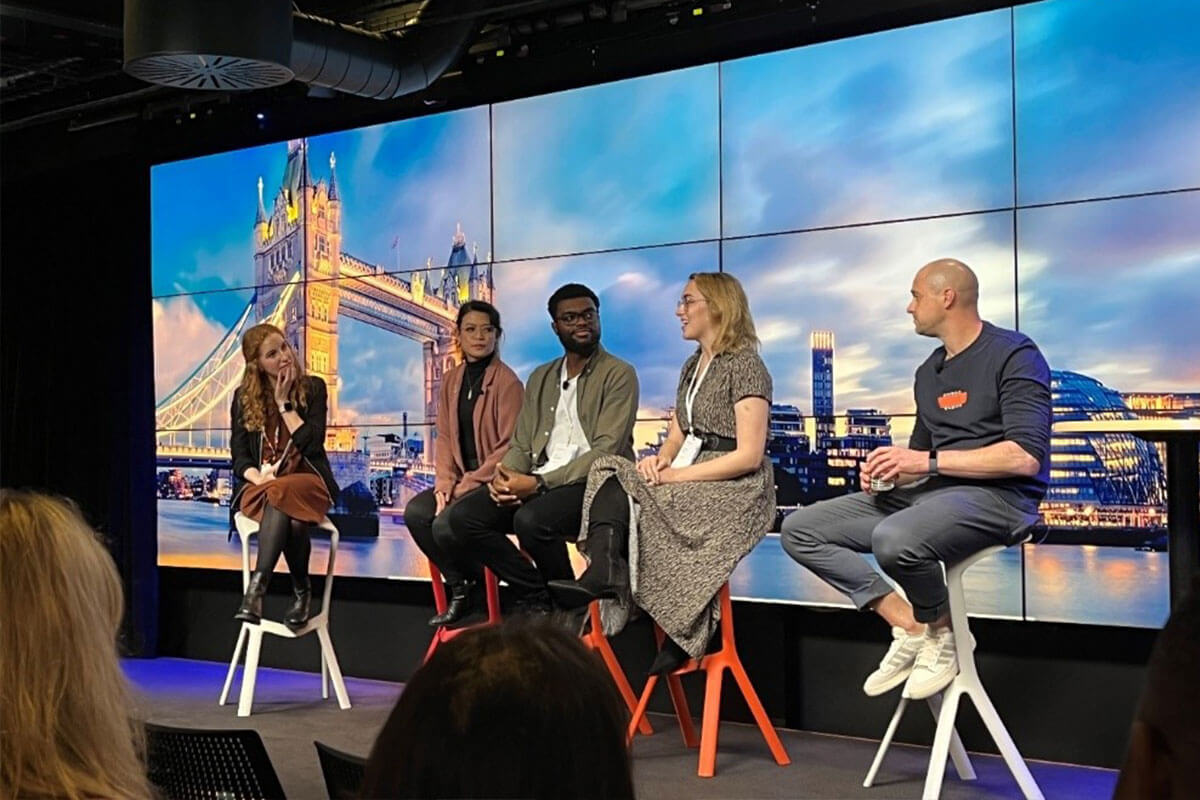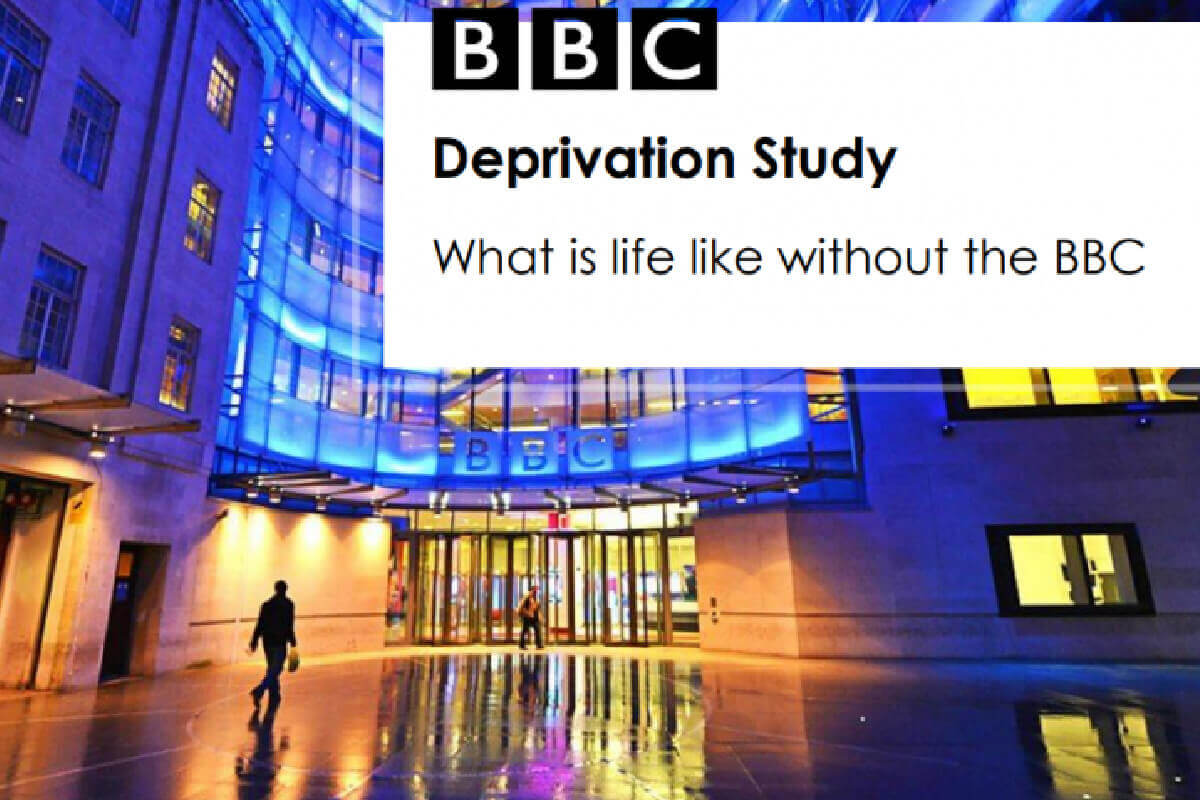Monday 7th November marked MTM’s long anticipated Let’s Change the Game event, hosted at Google’s London HQ where we showcased MTM’s research to shine a light on DEI in videogames.
Some of the most exciting talent in the industry came together for a panel to talk about their experiences and how the video games industry can become more inclusive. Here are our key takeaways from each angle of DEI in the industry!
DEI in gaming
Arguably the most crucial factor in creating diverse characters and narratives is more diverse development teams. MTM’s research echoes this, as 55% of gamers thought it was important to create diverse teams, who can naturally create and deliver more diverse stories. Anisa Sanusi (panellist and founder of Limit Break) emphasised the importance of not only encouraging people into gaming though university and schools, but also improving promotion practices throughout teams. Challenges lie not only in helping people from diverse communities to feel welcome in the industry, Anisa says, but also in reducing churn to give underrepresented groups opportunities in positions of power. Limit Break helps to address this by providing mentors as sources of advice and support as mentees progress.
Our panellists also discussed the importance of role models, with YouTuber Simi Adeshina (Tamago2474) speaking about his inspiration from fellow YouTuber KSI. Lauren Kaye (host of the She Plays Games podcast) spoke about having few role models herself but wanting to be a source of inspiration for others. Whether present or lacking, our speakers agreed that seeing diverse role models in gaming teams, and therefore in the characters and narrative they create, is crucial in building a more inclusive industry.
DEI in games
Speaking of diverse characters and experiences, our research showed that gamers’ number one ask when it comes to DEI in games, is simply a desire to see something different. They do not expect to see a reflection of themselves in every game but want different stories that show authentic representation of narratives and characters that haven’t had the chance to shine before. Lauren told us about her passion for the Final Fantasy VIII character Quistis Trepe, and how her presence ‘makes you realise how powerful [seeing] a female character can be.’ But gamers are critical audiences, says Simi. He told us how gamers can tell when appropriate care is not put in to making characters feel authentic, and that doing so ‘leaves a bad taste in your mouth.’
This again reflects the need to hire diverse teams. With non-diverse teams attempting to tell stories without proper research, Simi says this feels like developers are ‘trying to appeal to me but in a way that seems like you think I don’t know what I look like.’ Our own research supports this, with 54% of gamers feeling as though diversity done wrong is worse than not attempting it at all. But with appropriate research and seeking voices from underrepresented groups, an inclusive sector and very appreciative and receptive audience awaits. According to Anisa, ‘indie games are trailblazing in this area…when gamers say they “want more diversity,” they mean from AAA titles.’
DEI among gamers
A long-worn (and frankly out-dated) narrative from some developers is that they are frightened by the backlash from gamers who are unappreciative of the greater need for diversity. Our speakers mentioned how toxicity from gaming audiences is an issue, however it is important to recognise that this represents a small but vocal minority. The vast majority of gamers agree that diversity in video games is important, with our research finding that only 11% disagree. As Simi puts it, ‘most people play games…most are just cool and out to relax and have a good time.’
Our speakers discussed the need to create a more accepting environment for young people to explore games from an early age, so that gamers from all walks of life feel included in what is more often than not, an extremely welcoming environment. Lauren reflected on her own daughter’s love of Kirby, but inability to share this love with any girls at school. It is important to encourage children to form healthy interests and stay safe, but we believe that a way for video games to help is to continue to demonstrate that anyone can play games. Gaming is the most immersive and personalised form of entertainment that exists, and it offers a platform to connect to diverse audiences in a way that other forms of entertainment simply can’t match.
To conclude, we at MTM are incredibly proud of our research and grateful to those who took part. This study has been a pure passion of ours, and we’re honoured to be part of an event that will hopefully lead to open discussions in the future and a more inclusive and diverse industry for all. We would very much like to thank everyone who attended, and encourage anyone interested in this area to ask questions as we work to change the game.
For any enquiries, please email our gaming lead Martin.Bradley@wearemtm.com to hear more about the event and our data!
Emil Kimber
9th November 2022



